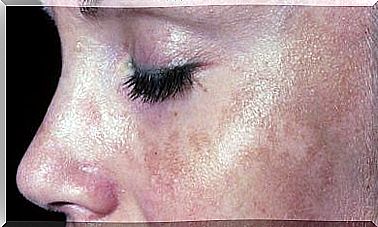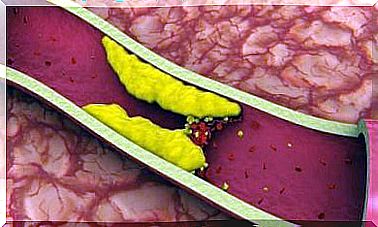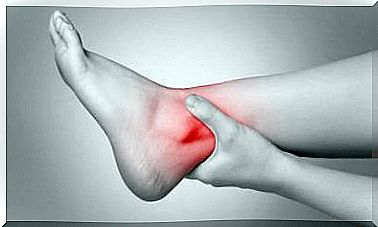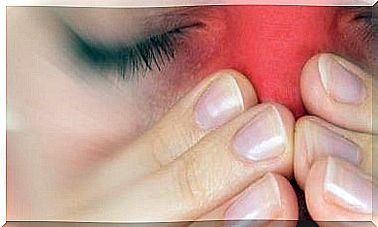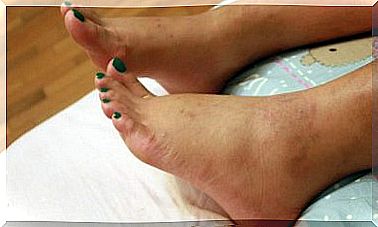Corona Pandemic: What Asthmatics Should Now Consider
Patients with asthma must be particularly careful during the corona pandemic, as they belong to the risk group. It is therefore important to take specific precautionary measures in this case.

COVID-19 causes mild symptoms in many people, but as we know it can also cause serious respiratory problems and be fatal. Asthmatics must therefore be particularly careful and take specific preventive measures, as they are among the most vulnerable people due to their respiratory disease.
What we know about SARS-CoV-2
The SARS-CoV-2 virus, which causes the disease COVID-19, has spread around the world from Wuhan (China) since December 2019. Almost every day we learn new things about this pathogen, which has to be researched more closely.
This new virus is spread via droplet infection when an infected person speaks, sneezes, or coughs. In most cases the symptoms are mild: the most common are fever, cough, and sore throat. But the disease can also have serious consequences and cause pneumonia with shortness of breath. In this case it can be fatal.
Elderly people and patients with certain ailments, such as cardiovascular diseases, diabetes or asthma, are particularly at risk. These high-risk patients must therefore strictly adhere to precise preventive measures.

Interesting facts about asthma
Asthma is a relatively common disease that affects both children and adults. This chronic lung disease usually begins in childhood. A distinction is made between allergic and non-allergic asthma.
Asthma occurs in flares and leads to chronic inflammation of the bronchi, which are sensitive to various environmental stimuli. These include pollen and smoke, for example. But emotions, laughter, exercise or certain medications can also trigger an asthma attack. It is not always easy to find out the triggering stimulus.
Typical symptoms of this respiratory disease are cough, chest tightness or pressure, whistling sounds, and shortness of breath. A sudden asthma attack can occur at any time and can be serious. We know that there is a close link between viral respiratory infections and asthma attacks.
How are asthmatics treated?
Asthma sufferers are treated by their family doctor or a pulmonologist and the aim is to avoid acute attacks. Patients are given specific drugs that are usually given through inhalers. In many cases these must be used continuously for prevention. In some cases, the inhalers are only used for acute asthma attacks. In addition, doctors will also prescribe oral or subcutaneous drugs if necessary.
The family doctor or pulmonologist adjusts the medication and the dosage specifically for each patient and can change them in the event of an acute attack, which is usually sufficient. If a serious acute attack occurs, it may be a medical emergency that requires immediate medical attention. In rare cases, hospitalization is necessary.
If sufferers stop taking the medication themselves, it can lead to a deterioration in their health, which can be dangerous.

Asthmatics and Coronavirus: What Do the Experts Say?
The World Health Organization (WHO) counts asthmatics at risk because they suffer from a chronic respiratory disease that can lead to complications if infected with the new SARS-CoV-2 coronavirus. Other experts also share this opinion.
It is also known that viral respiratory infections can make asthma worse. Therefore, the new coronavirus could have similar consequences.
Asthmatics must strictly adhere to the general precautionary measures during the corona pandemic and also take some specific things into account in order to protect themselves from SARS-CoV-2.
Of course, the patient must also take the medication prescribed by a doctor as a preventive measure. If the person concerned is not taking any medication, it is advisable to consult the attending physician, who can reassess the situation. As in normal times, asthmatics should always have their inhaler on hand in order to be prepared for an acute attack.
How can asthmatics protect themselves from the new coronavirus?
In addition to general preventive measures, asthmatics need to control their disease well to minimize the risk of complications. You can also avoid going to the emergency room. Keep in mind that there is a risk of contagion every time you go to hospital. It is best for asthmatics to stay at home during the corona crisis.

